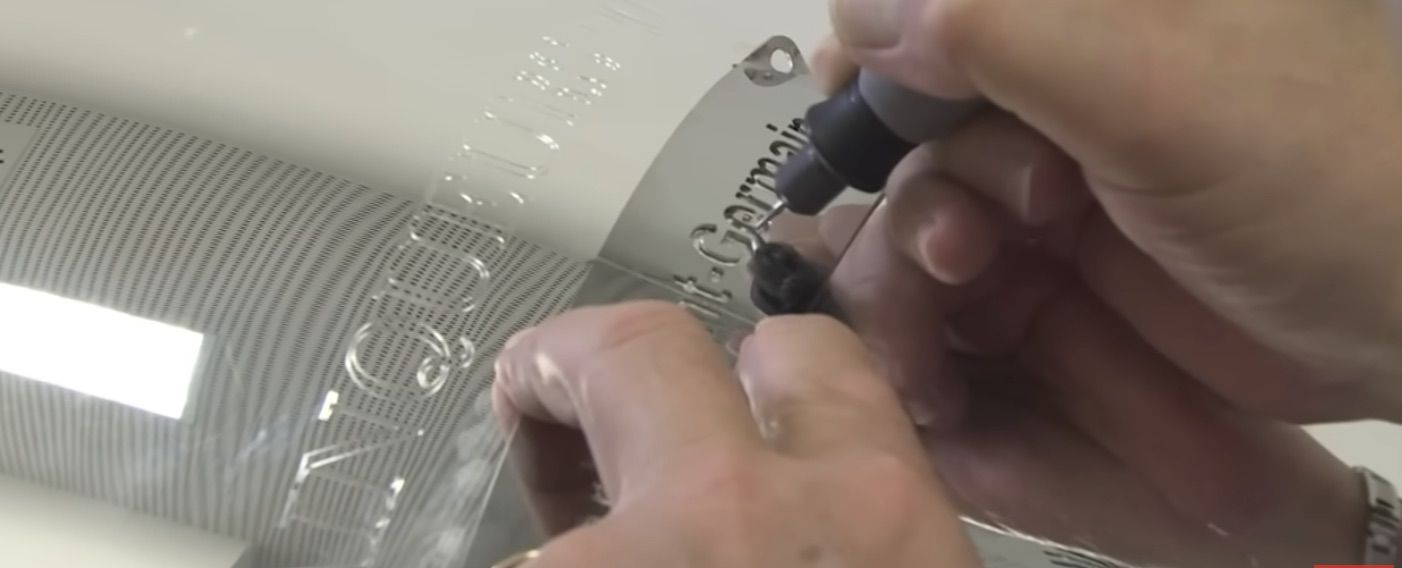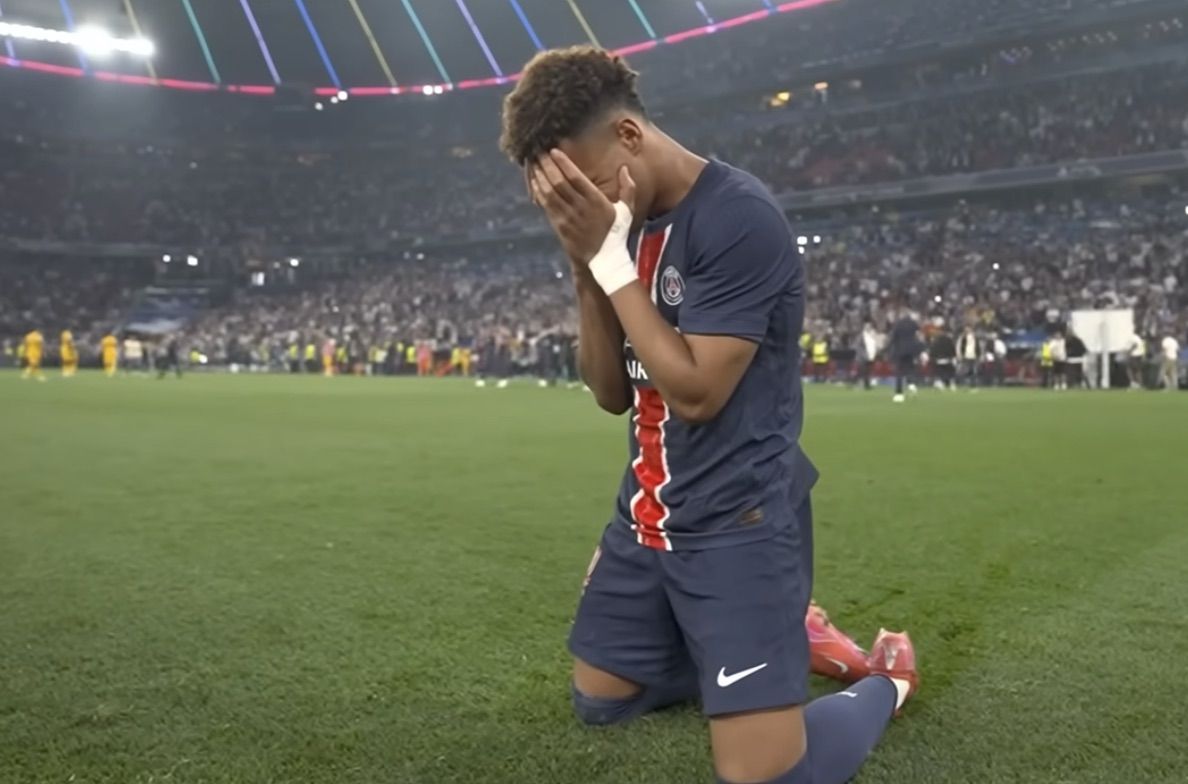Buried deep within the following are the names (either surnames or single names) of a dozen famous footballers – all currently playing and all making headlines. To make it a little easier, there's one in each paragraph. The names can – and do – run from sentence to sentence. Punctuation can – and often should – be ignored.
Get in there!
THERE are many things wrong with the game of football, but the big question is, are players paid too much? Are we living in an economic La-La Land? You betcha – a land where someone can earn half a million pounds a week for kicking a leather sphere round a grassy field.
Players these days have so much money they don’t know what to do with it. Rolex watches the size of dinner plates. Supercars worth the price of a house on the Malone Road. They’re more likely to have a £2,000 wagu steak in a restaurant than chicken tikka masala. How the other half lives, eh?
Why do we put up with it? Why do we pay so much to watch live football when the money is going to those who already have so much? I suppose we’re programmed to defer to wealth and status. Perhaps we have some kind of neuronal dose of indifference when it comes to the rich and famous.
WINNER ALRIGHT: PSG have their name carved into the Champions League trophy
It's been claimed the average top-tier footballer earns enough in a week to pay the wages of 50 nurses. That can’t be right, morally speaking. You can even compare how much footballers get paid compared to the average worker on some dumb app. Even the most enthusiastic sports fan would find the difference hard to stomach.
The ironic part of it is that football is a team game that venerates the individual. The player of the match basks in adoration under the TV lights while his teammates sit in the changing room. Ask yourself how many times single players have won games. Even if a player scores a hat-trick he’s only able to do so with the support of his fellow players.
There have got to be better ways of spending a night than watching overpaid stars running around under floodlights and paying half your week’s wages to do so. A bit of music and a few drinks, perhaps. What’s better than a nightclub, madonna, rum, major dance moves and a kebab on the way home? Now that’s what I call a night out.
I remember when the game was played by real hard men and not the crybabies we have now. They wouldn’t have lasted a second in the 80s and 90s. Back then we had players with aggro dripping from every pore, instead of what we have now which is snowflakes screaming and rolling around at the merest touch.
How do you measure what a player’s worth anyway? It’s not excitement or passion any more, it’s all statistics and percentages. But what can you really tell from a graph? In hardly any TV coverage do they discuss raw talent these days – it’s all numbers and technology and it's ripping the heart out of the game.
Which brings us to the question of smaller clubs. They don’t have any power individually, so why don’t they amalgamate to exploit their collective strength? It would make the governing bodies and the TV companies sit up and pay attention and perhaps they would begin to get a fair share of the spoils.
And it’s not just TV companies that are throwing around the big money now – it’s streaming services too. You're going to be seeing more and more games on Amazon Prime, Netflix and Disney+. So naturally the big teams are getting more and more interested in the money from the modem. Beleaguered chairmen all over the world are bracing themselves for even more big-club domination.
But they need to be careful not to do anything to encourage the big teams to break away and form an international super league creaming off the top teams from all the major leagues. That would be rash for different reasons – the main one being that it would mean the end of the Premier League.
And we can’t discuss football this week without mentioning Ireland’s breathtaking last-minute winner against Hungary to win them a World Cup play-off spot. So many of their earlier performances in this group were sub-par – rotten, even. But they lived the dream in Budapest – and in the end that’s what the game’s all about.




